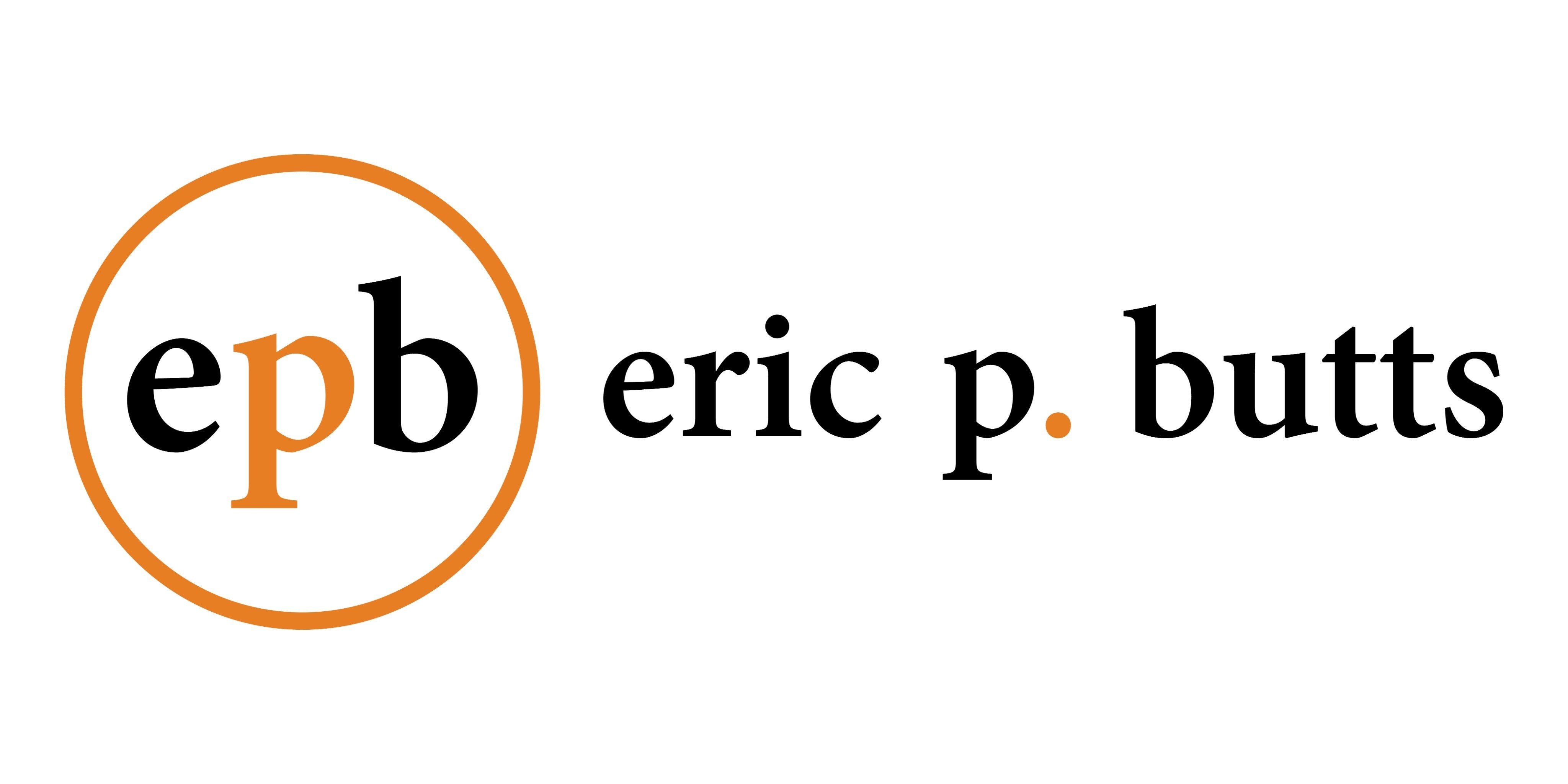Accounting is the language of business and every entrepreneur needs to learn to speak it
I live in the San Francisco bay area, land of the start-up, the place where people quit full-time jobs to chase the dream of being bought out by Facebook and never working again. Who can blame these budding entrepreneurs? Every time you turn your tv on,
Facebook is either buying or trying to buy some young, unproven company for billions of dollars. Consistently seeing such a lack of buyer’s discretion from cash-heavy potential suitors just makes the dream seem all the more plausible.
So where do you start on this journey to Escape From Cubicle Nation ?
?
First, you need to understand it takes more than just a good idea to run a successful business. No matter what kind of entrepreneur you are, there are some basic accounting things you or someone you hire needs to know to keep your business from imploding.
Pay attention to your tax structure
Become familiar with the legal structure can have significant tax savings. Jason Blumer, CPA, walks through a great example here comparing the S-Corp and LLC legal structures and explaining the point where you need to consider changing over to using the S-Corp structure. Your average person who comes up with the genius idea of a pet rock (yes, this was a real thing) probably wouldn’t know anything about this. I know CPA and attorney fees are steep, but the price you pay for their services is nowhere near the savings you get from setting up your business structure correctly.
Maintain good bookkeeping
Defining good bookkeeping gets a little bit tricky, because it depends somewhat on where your business is in terms of size. That is to say if your business (and budget) is tiny, you can probably get away with keeping your books in Excel. As your business grows, though, you will want to invest in some sort of bookkeeping service. Less Accounting, Xero, and Quickbooks are some of the software options that are popular in the marketplace right now. I’m familiar with Less Accounting and Quickbooks and will be looking into Xero more over the next few months.They all perform the same function, but the interfaces are different. I’d recommend you finding an accountant you like (perhaps yours truly) and going with whichever software they prefer.
Maximize your cashflow
A lot of people will read this header and think it means just go out and sell as much stuff as possible. It doesn’t. What it means is not carrying too much inventory that may or may not sell. It means not extending credit to customers who may or may not pay.
Keeping your bank account healthy ensures you have cash handy for personal and/or business needs. Having enough cash to pay your bills is the only way your business can survive. Amazon went seven years before making any profits on paper and was never in jeopardy of failing, because it had tons of cash.
Profits don’t pay bills; cash does.
Know what you can deduct on your taxes
Another area where having a financial or tax background would help is on optimizing tax planning. Certain equipment purchases may reduce your taxable income. Use of your home for a business office can also help you reduce your tax burden. Some people know that but knowing how much to deduct and how to provide supporting calculations is where people usually slip up. Again, having a knowledgable person to help you with this drastically reduces the risk of leaving money on the table. More importantly, though, it reduces the likelihood of you having to explain yourself to Uncle Sam during a tax audit.
And I know getting over on Uncle Sam is a language everyone can understand.
**************************
As it turns out, I’m not the only one bullish on accountants. Check out this article on the job with the best chance of making you rich in tech. Spoiler Alert: it involves a field that rhymes with “a mounting”.
If you have a general interest in startups, you should definitely read this, and I’d recommend buying this book. I took the author’s class at Kellogg, and it was easily one of the best courses I took there.
